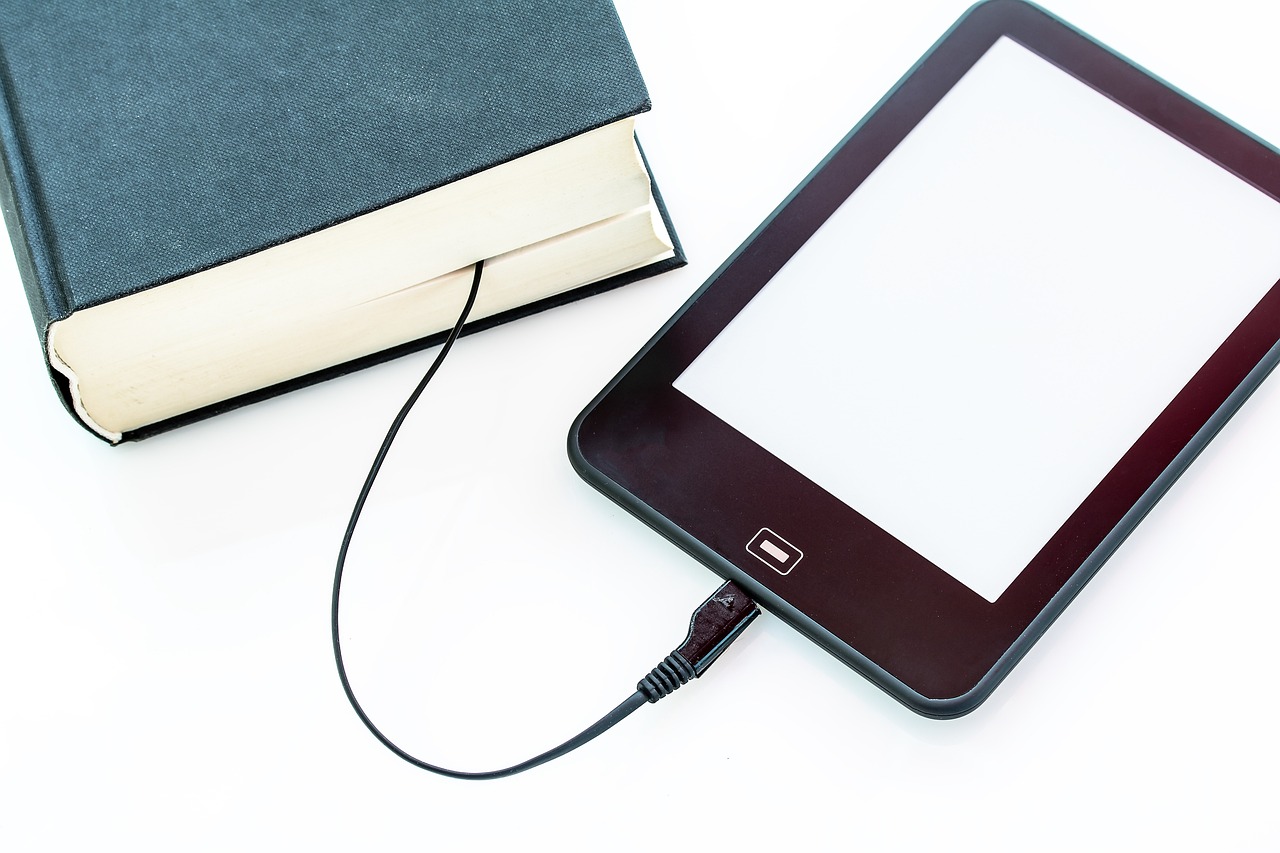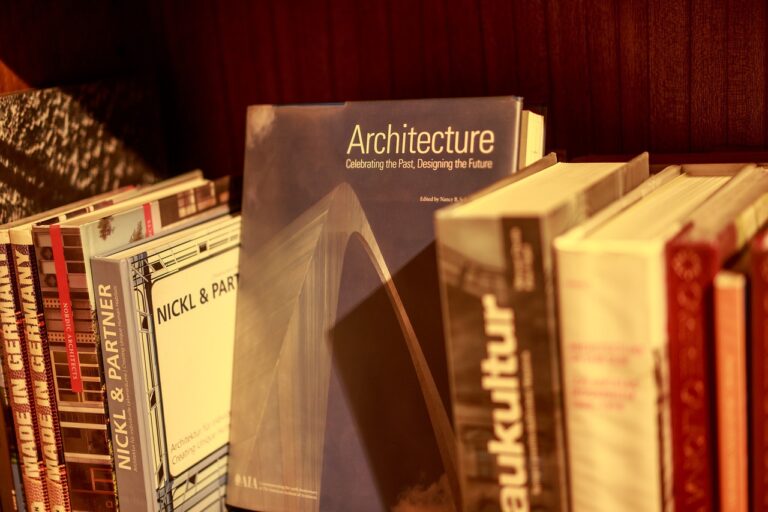The Impact of Virtual Reality on Private School Learning: Laser247, Lotus365, Sky247 login
Laser247, lotus365, sky247 login: Virtual reality (VR) technology has been making waves across various industries, providing immersive and interactive experiences that were once thought impossible. In the education sector, VR has the potential to revolutionize learning experiences, particularly in private schools. Let’s delve into the impact of virtual reality on private school learning.
Enhanced Engagement and Retention
One of the primary benefits of integrating VR into private school learning is its ability to enhance student engagement and retention. Traditional classroom settings can sometimes struggle to captivate students’ attention, leading to decreased focus and understanding of the material. With VR, students can interact with the subject matter in a hands-on and immersive way, making learning more engaging and memorable.
Interactive Learning Experiences
VR technology allows students to participate in interactive learning experiences that go beyond textbooks and lectures. For example, students studying history can virtually travel back in time to witness historical events firsthand. This interactive approach not only helps students better understand the material but also fosters a deeper appreciation for the subject.
Multi-Sensory Learning
VR offers a multi-sensory learning experience by engaging students visually, auditorily, and sometimes even kinesthetically. By stimulating multiple senses simultaneously, VR can improve information retention and understanding. For instance, students learning about the solar system can explore planets in 3D, hear narrations about each planet, and feel like they are floating in space.
Accessible Education Opportunities
Private schools often have more resources at their disposal, allowing them to invest in cutting-edge technologies like VR. By incorporating VR into their curriculum, private schools can offer students unique educational opportunities that may not be available in public schools. This can give private school students a competitive edge in their academic pursuits.
Real-World Applications
VR can bridge the gap between classroom learning and real-world applications. For example, students studying architecture can use VR to design and walkthrough virtual buildings, gaining practical experience that can prepare them for future careers. By incorporating VR into various subjects, private schools can better prepare students for success in their chosen fields.
Personalized Learning
Another advantage of VR in private school learning is the ability to personalize education for individual students. Virtual reality platforms can adapt to students’ learning styles and pace, providing customized learning experiences that cater to their strengths and weaknesses. This personalized approach can help students reach their full potential and foster a deeper understanding of the material.
FAQs
Q: How expensive is VR technology for private schools?
A: The cost of VR technology can vary depending on the equipment and software used. While integrating VR can be an initial investment, many private schools find it to be a worthwhile expense for the enhanced learning experiences it provides.
Q: Are there any potential drawbacks to using VR in private school learning?
A: Some potential drawbacks of VR in education include the need for proper training for teachers, potential limitations in content availability, and the risk of over-relying on technology for learning. However, with proper implementation and oversight, these drawbacks can be mitigated.
In conclusion, virtual reality has the potential to transform private school learning by enhancing engagement, providing interactive experiences, and offering personalized learning opportunities. By leveraging VR technology, private schools can provide students with innovative and immersive educational experiences that prepare them for success in the 21st century.







